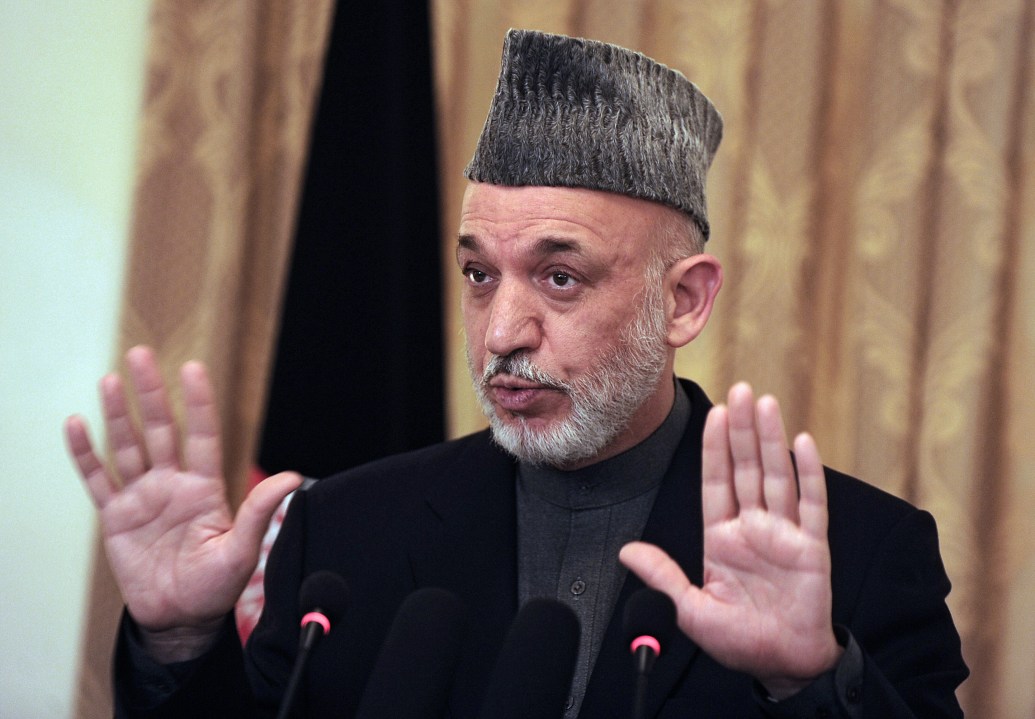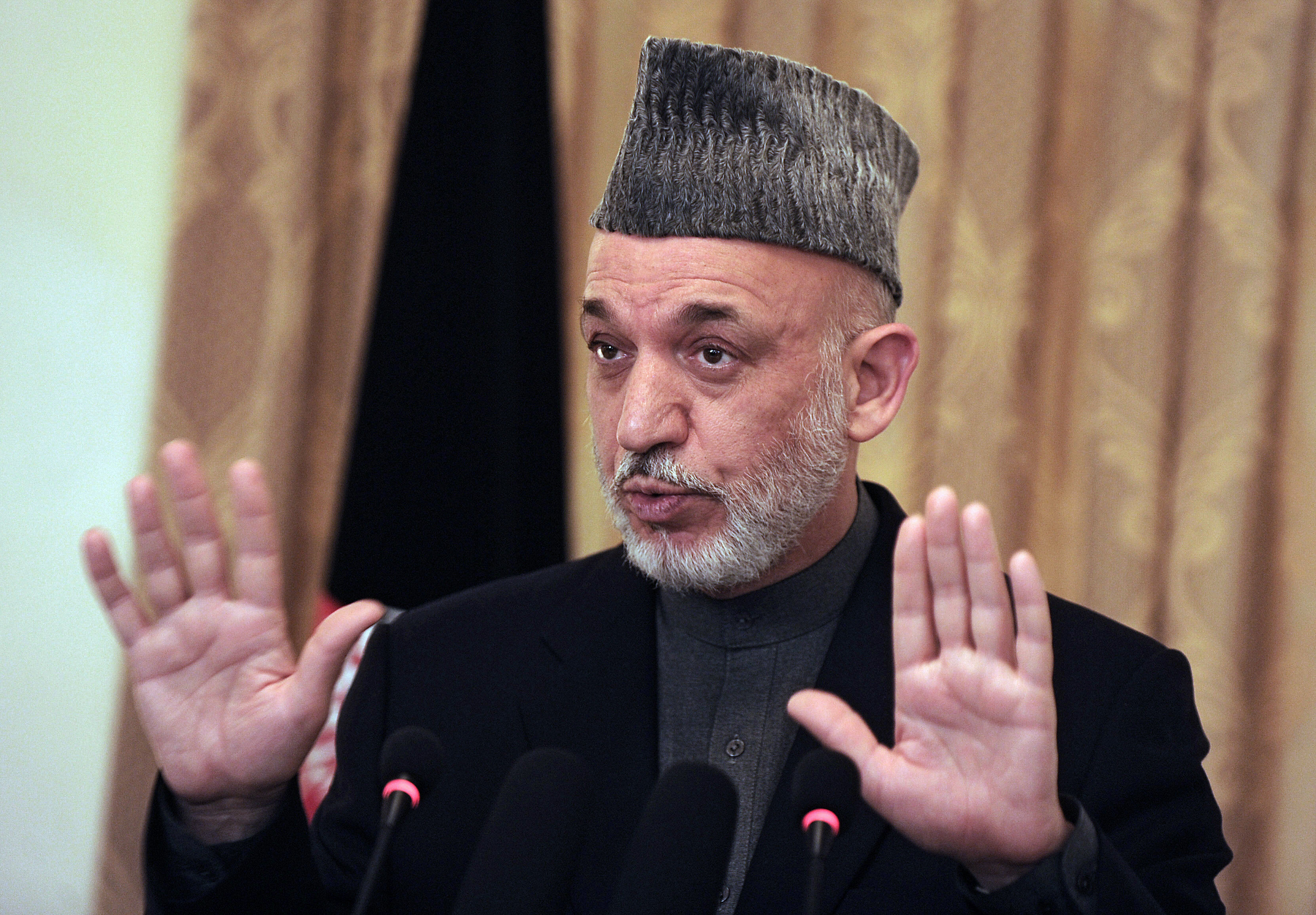 Today’s Wikileaks will make uncomfortable reading for all parts of the British defence
establishment – ministers, both old and new, and the senior military leadership. As a senior military officer told me, “this isn’t going to be good.”
Today’s Wikileaks will make uncomfortable reading for all parts of the British defence
establishment – ministers, both old and new, and the senior military leadership. As a senior military officer told me, “this isn’t going to be good.”
The diplomatic cables reveal that US officials and President Hamid Karzai at some point thought that British forces had bitten of more in Helmand than they could chew. The US NATO commander, General Dan McNeill, is quoted as saying three years ago that British forces have made a mess of Helmand.
This is backed up by a comment, more than a year later, suggesting that President Karzai also agreed that British forces were “not up to the task of securing Helmand” without US assistance.
Cue headlines of British military failure. But let us be honest: it is no secret that the British mission in Helmand under-estimated the challenge, was under-equipped, poorly-led, badly integrated with the (under-powered) civilian effort and ultimately took years to get on track – just read the Defence Committee reports, which detailed all of this. But it is a bit rich blaming the British military alone for the uneven progress. And here are five reasons why:
1) The UK effort has come a long way since 2006 and progress has in many areas been impressive.
2) President Karzai did his utmost to make life difficult for the British mission by undermining successive Helmand governors. Each time one got the hang of the job he was moved on.
3) In the early days of the mission, DfiD was almost criminally slow to move beyond a traditional development programme and support the military effort. Even those who ran the DfiD mission admit that behind closed doors.
4) The US baulked at opening a serious political track, which could complement the military effort. General McNeill was a shoot ’em up kind of soldier who had little patience for a counter-insurgency campaign. Absent a political track – a prerequisite for any counter-insurgency – the military effort was always going to suffer.
5) It remains to be seen how effective the US marines will be in the long-run. There is no doubt that their superior numbers, and better equipment – not to mention the aggressive Iraq-style counter-terrorist strategy pioneered by General David Petraeus – is putting the Taliban insurgency on the backfoot. But nobody knows if it will last, radicalise the insurgency further, or lead to victory.
The definitive history of the British (and NATO) effort in Helmand will one day be written. This is not it.







Comments